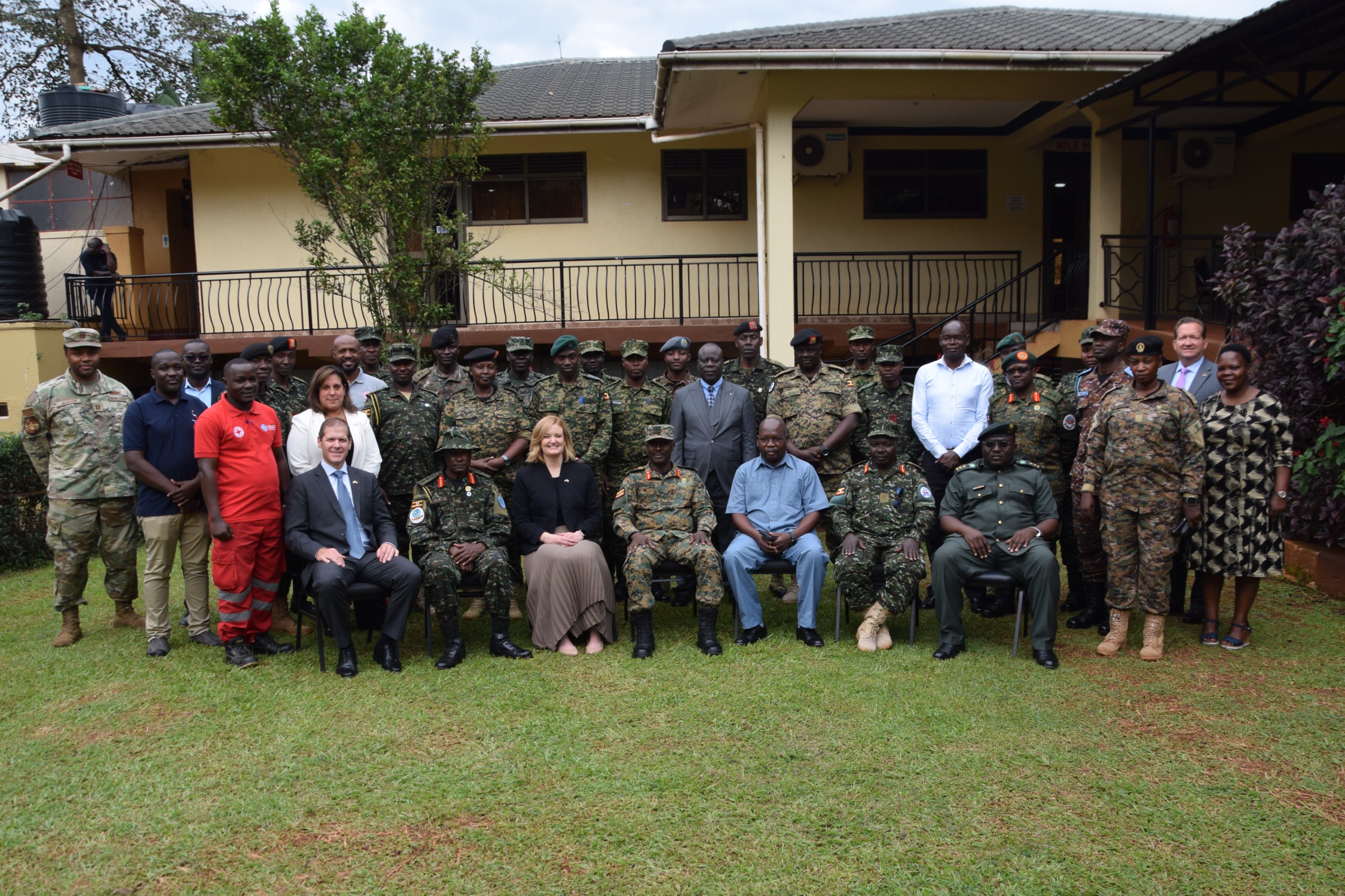The Civil-Military Coordination in Disaster Relief course officially commenced today, 8 September 2025, at Hotel Paradise in Jinja, Uganda.
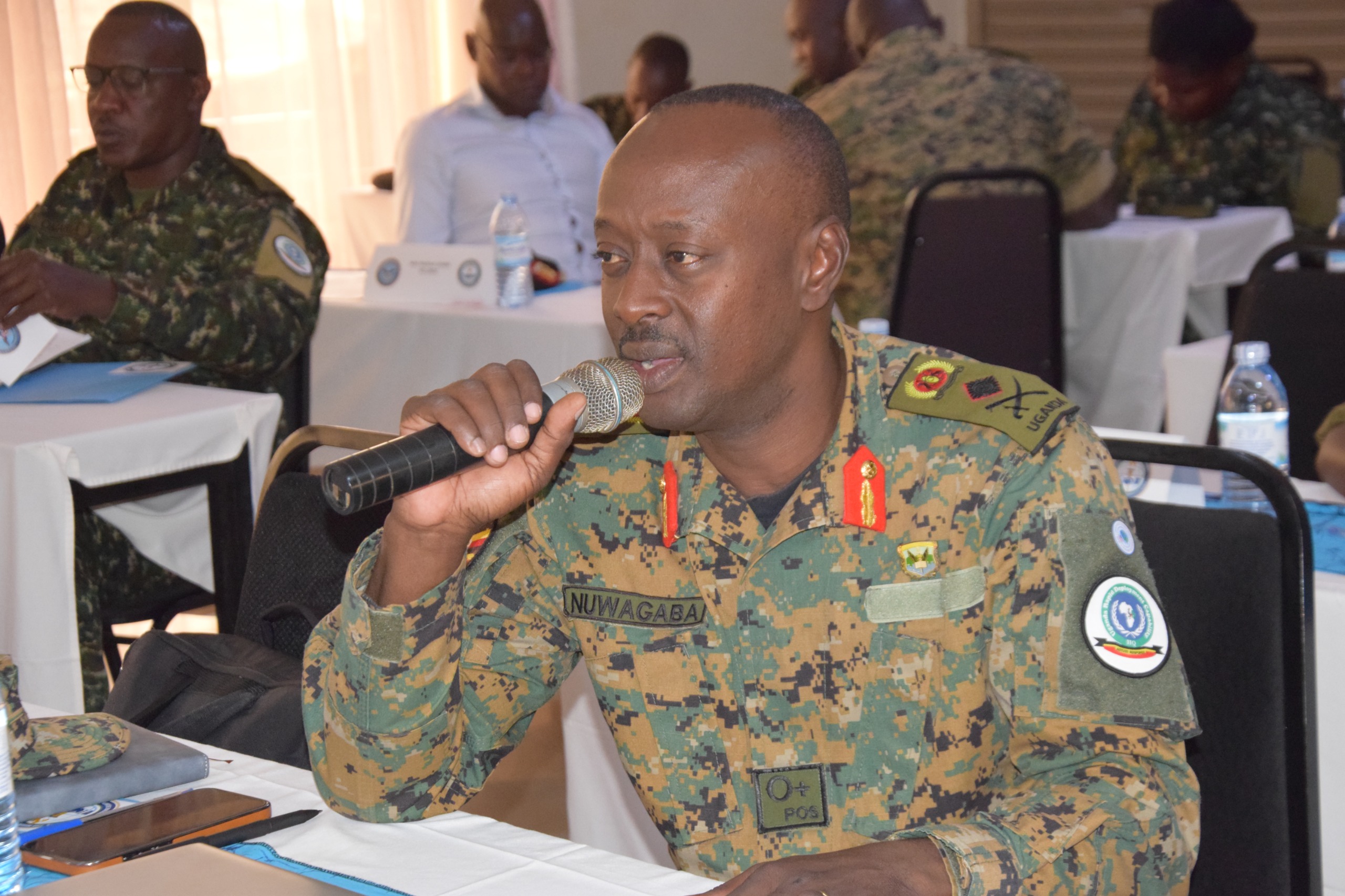
Brigadier General Ernest Nuwagaba, Commandant of the Uganda Rapid Deployment Capability (URDC) under the Uganda Peoples’ Defence Forces (UPDF), presided over the opening ceremony.
Brig Gen Nuwagaba thanked the Institute for Security Governance (ISG) and the American Embassy in Uganda for organising the crucial training programme. He expressed hope that the course would provide all sectors with a deeper understanding of each other’s roles, noting that civilian responders would gain valuable insights into military operations, which have historically moved in tandem. “Understanding civil-military disaster response and operations” was a key focus he highlighted.
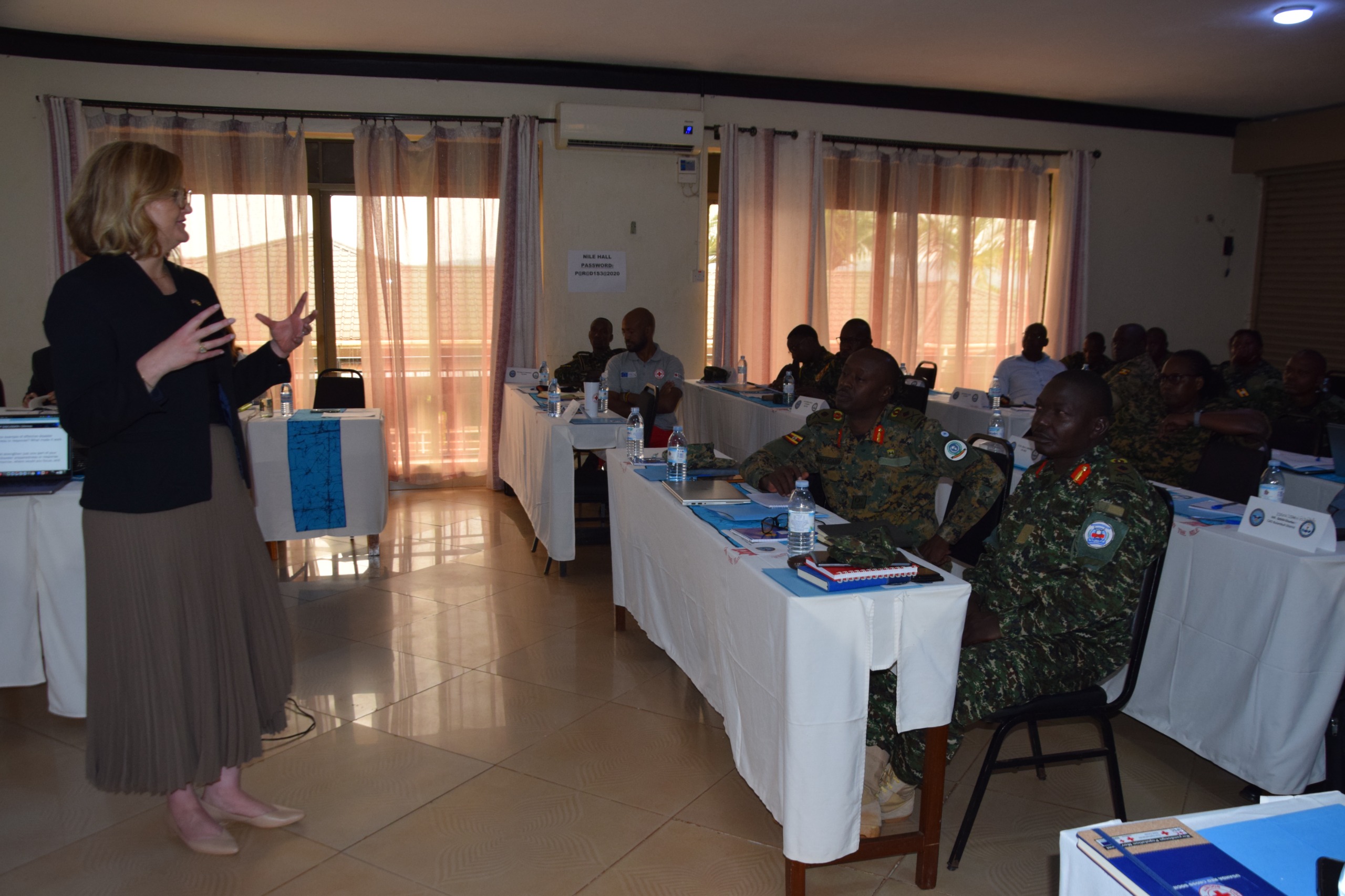
Ms Ashley Woodson, Course Director at ISG, explained that the programme offers a comprehensive overview of the concepts, systems, and practices essential for coordinating disaster response across military, civilian, humanitarian, and medical actors.
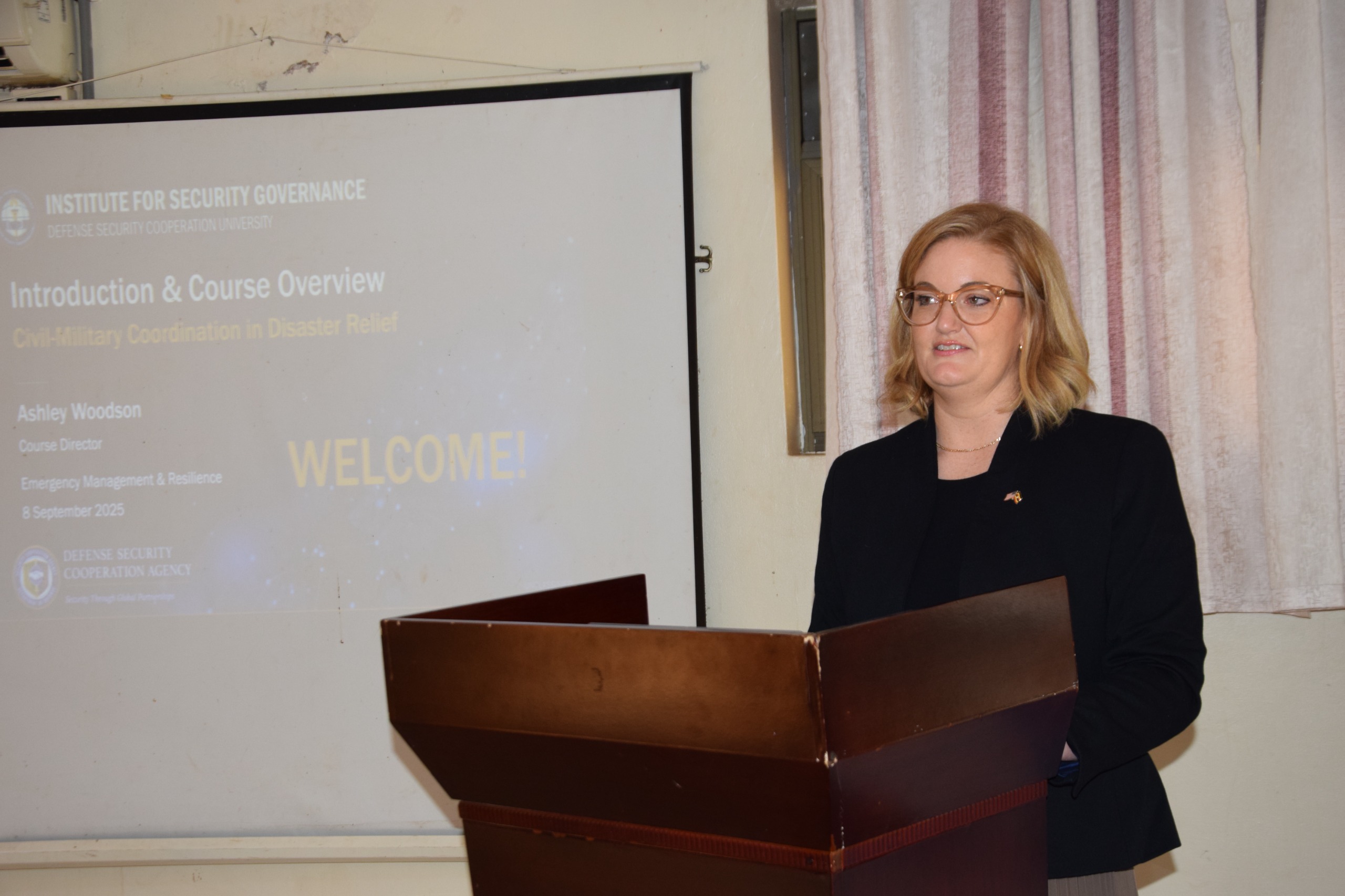
“Through facilitated discussions, case studies, and scenario-based table-top exercises, participants will explore national emergency management frameworks, risk assessment methodologies, coordination mechanisms, and the critical role of civil-military-medical cooperation in disaster preparedness, response, and recovery,” she emphasised.
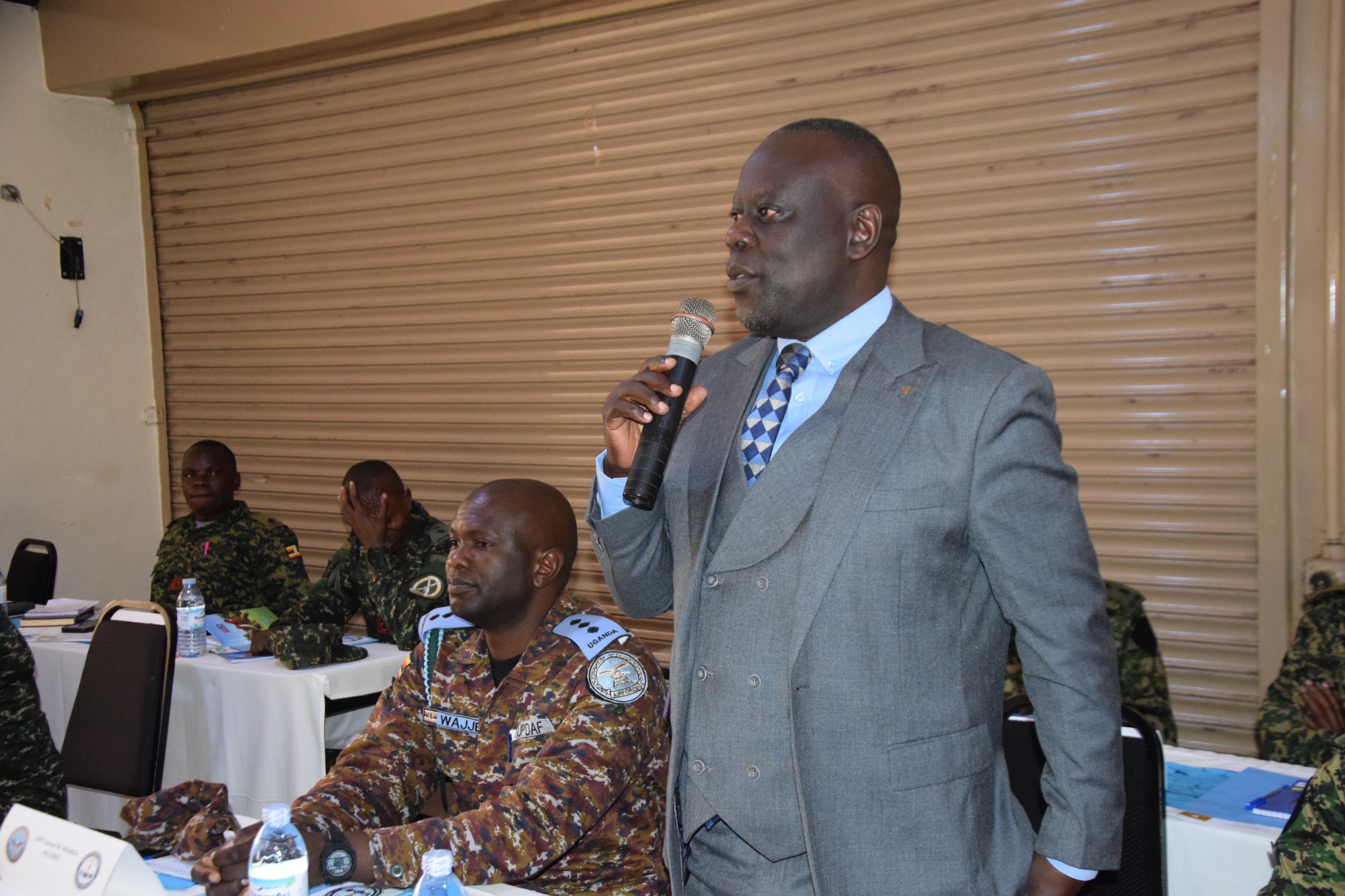
The week-long course prioritises practical application, interagency collaboration, and fostering a shared understanding among disaster response communities, with particular attention to surge capacity and health system resilience.
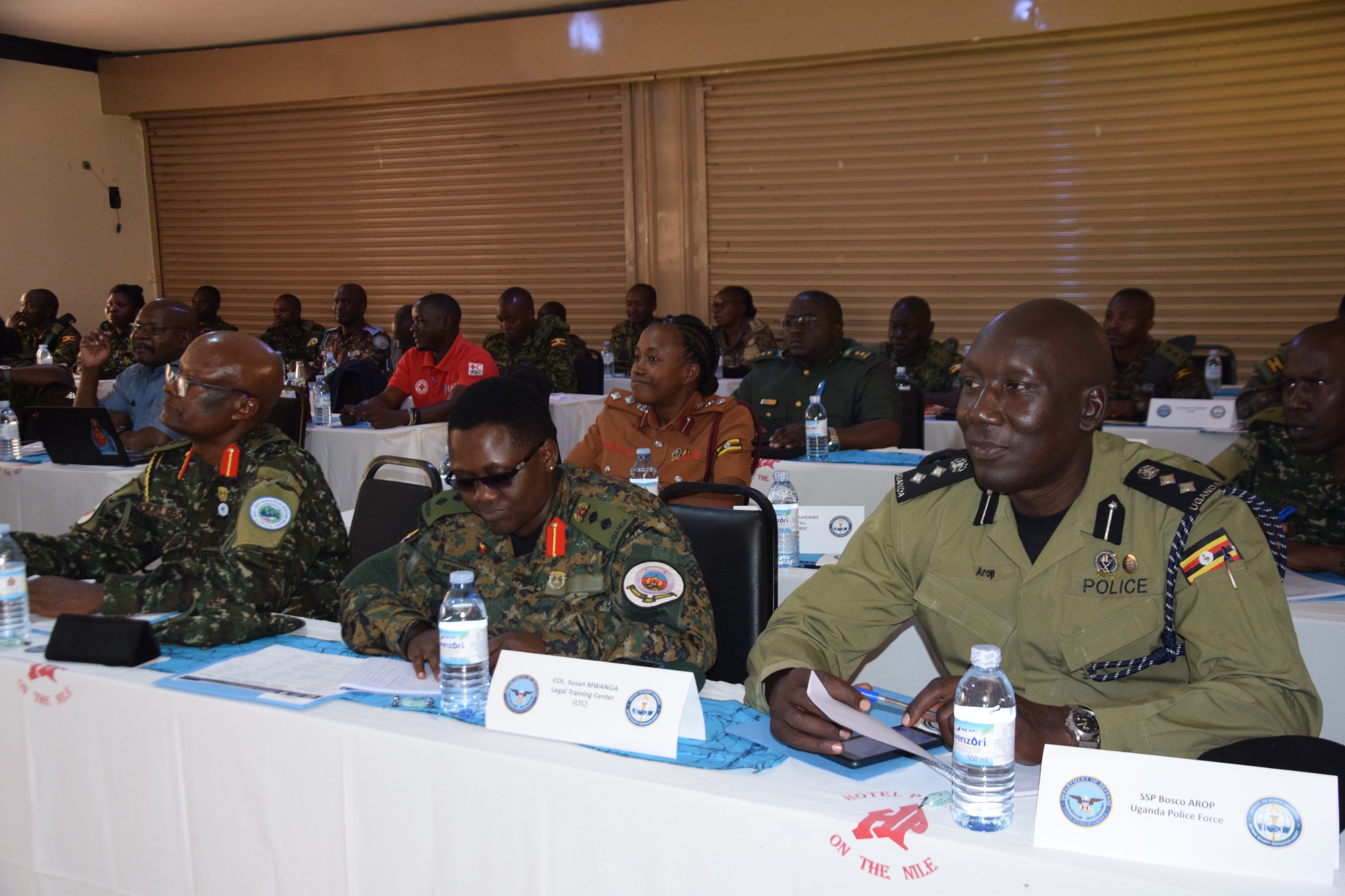
Participants represent a range of organisations, including the Office of the Prime Minister, Ministry of Defence and Veteran Affairs, Ministry of Works and Transport, Uganda Police Force, Uganda Prisons Service, Uganda Red Cross Society, Uganda Wildlife Authority, National Citizenship and Immigration Control, and the leadership of Bulambuli district.
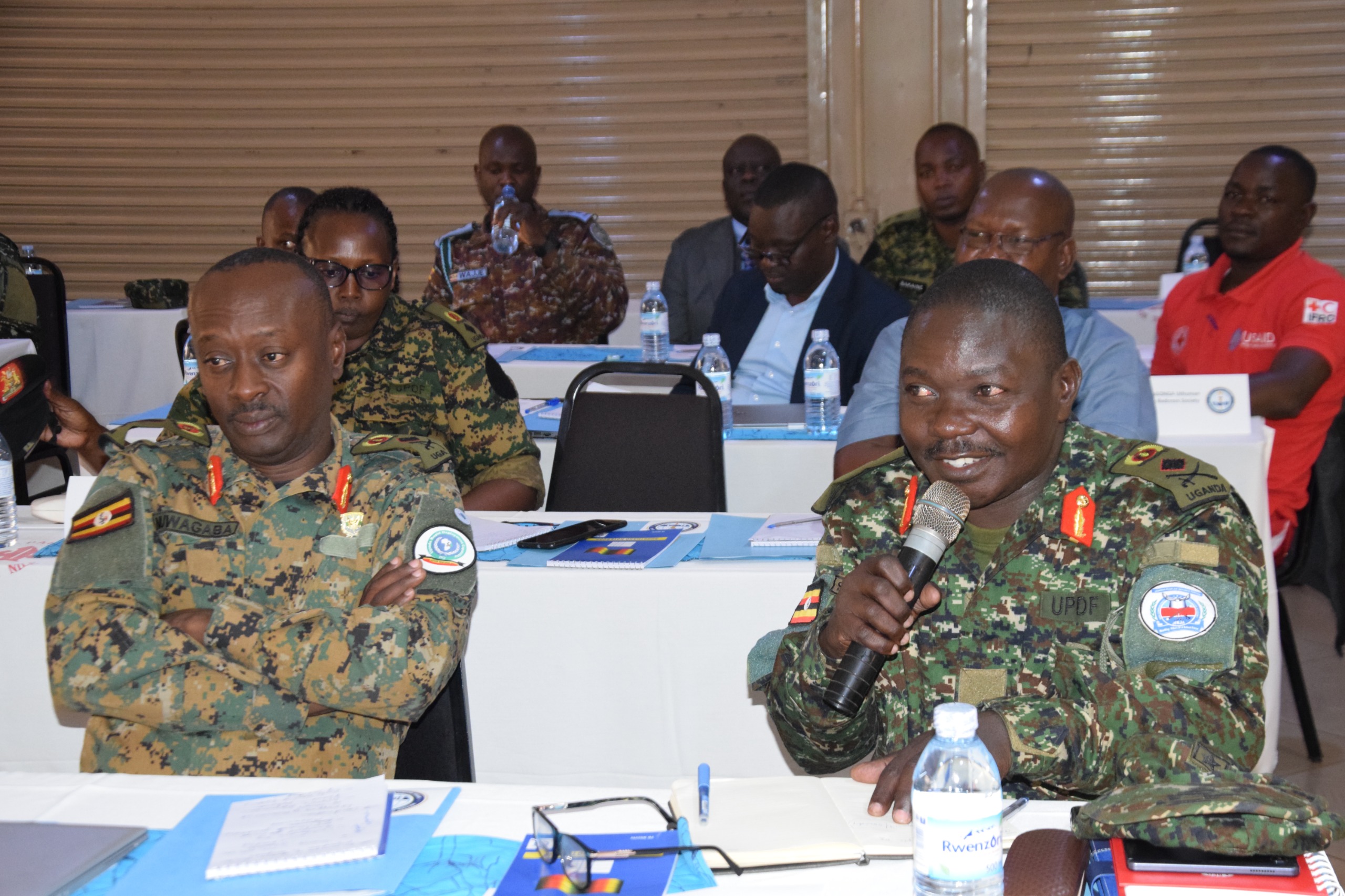
Civil-military coordination is vital in humanitarian emergencies, enabling effective collaboration between military and civilian actors and following principles established by bodies such as the United Nations Humanitarian Civil-Military Coordination.
